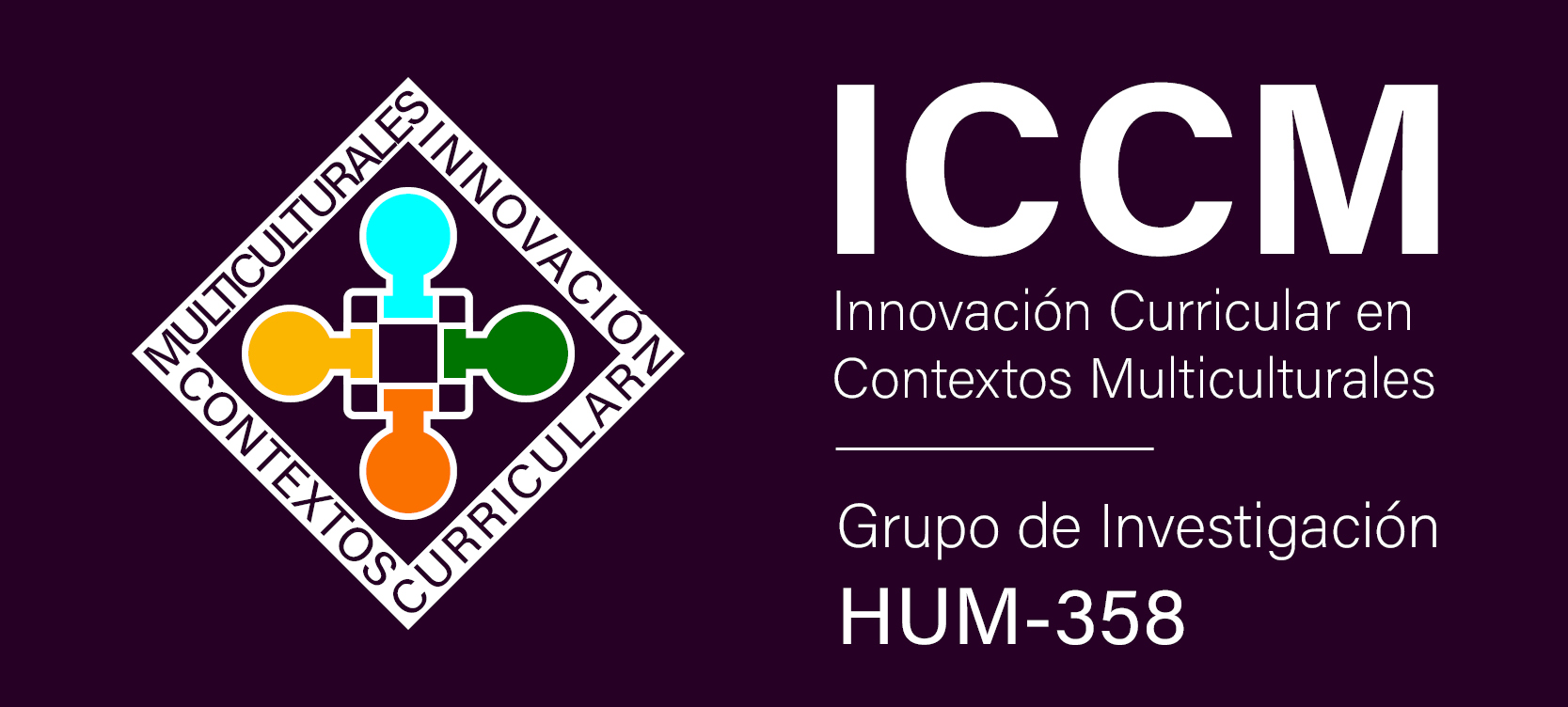LOS MENORES EXTRANJEROS NO ACOMPAÑADOS DE MELILLA. ANÁLISIS DE SU SITUACIÓN Y PROPUESTA DE FORMACIÓN SOCIOEDUCATIVA
DOI:
https://doi.org/10.30827/modulema.v1i0.6444Palabras clave:
Menores extranjeros no acompañados, Frontera sur de Europa, Formación de minorías marginadas, Educación SocialResumen
Introducción: El objetivo fundamental de este trabajo es conocer la realidad que viven los menores extranjeros no acompañados en Melilla con la doble finalidad de elaborar una propuesta de formación para ellos y de concienciar a la ciudadanía en general, y particularmente a la melillense, sobre su situación. Metodología: Hemos analizado el marco legal correspondiente y, para el estudio de campo, los hemos entrevistado siguiendo un guión semiestructurado. Resultados: Hemos constatado las carencias y dificultades que viven los menores extranjeros no acompañados en Melilla, que en muchos casos no se solucionan por parte de las instituciones encargadas de su tutela al amparo de la legislación específica. Igualmente, se aprecia una gran diferencia entre las opiniones de los propios menores y la de los ciudadanos melillenses sobre su situación, lo que refuerza los casos de exclusión y marginación. Conclusiones: El estudio de la situación de estos menores, contrastando las versiones que ellos nos han dado con las que ofrecen los ciudadanos melillenses, analizándolas a la luz del marco legal y de los principios educativos que rigen su atención escolar y social, nos ha permitido elaborar una propuesta formativa para los menores y reclamar la necesidad de hacer otra para los ciudadanos melillenses.
Descargas
Citas
Bravo Rodríguez, R.M. (2005). La situación de menores no acompañados en España. Ponencia presentada en la Conferencia regional sobre “Las migraciones de los menores no acompañados: actuar de acuerdo con el interés superior del menor”. Torremolinos, Málaga, 27 y 28 de octubre de 2005.
Charmaz, K. (2011). Ethics, participant involvement and analytic methodology. En F.J. Wertz; K. Charmaz; L. McMullen; R. Josselson; R. Anderson; E. McSpaldden (Eds.), Five ways of doing qualitative analysis (pp. 353-402). New York: The Guilford Press.
Hassan Yahia, Y. (2013). Comunicación y respeto: Melilla intercultural. En López Belmonte, J.L. (Coord.), Diversidad Cultural y educación intercultural (pp. 97-105). Melilla: GEEPP Ediciones.
Lázaro.I., (2007). Menores Extranjeros No Acompañados. La situación en España. Prolegómenos- Derechos y Valores, 10(19), 149-162.
Ley Orgánica 1/1996. De Protección Jurídica del Menor.
Ley Orgánica 1/1998. 20 de Abril, Derechos y Atención al Menor.
Ley Orgánica 15/1999.De Protección de Datos de Carácter Personal.
Ley Orgánica 5/2000. De12 de Enero, Responsabilidad Penal del Menor.
Ley Orgánica 27/2013. De 27 de Diciembre, de Racionalización y Sostenibilidad de la Administración Local.
López Azcona, M.A. (2008). El tratamiento de los menores extranjeros no acompañados en derecho español. Revista de derecho migratorio y extranjería, 17, 103-134.
Mason, A. (Fundación Save the Children) (2003). Menores extranjeros no acompañados. Ponencia presentada en la Conferencia de Infancia “Propuestas para una estrategia de protección social a la infancia”. Santander, 28 y 29 de abril de 2003.
Meneses, J. & Rodríguez, D. (2011). El cuestionario y la entrevista. Barcelona: Universitat Oberta de Cataluya.
Olaz, A. J. (2016). La entrevista de investigación. Madrid: Grupo 5.
Real Decreto-Ley 16/2012, de 20 de abril, de medidas urgentes para garantizar la sostenibilidad del Sistema Nacional de Salud y mejorar la calidad y seguridad de sus prestaciones.
Segura Robles, A., Alemany Arrebola, I. & Gallardo Vigil, M. A. (2016). Las actitudes prejuiciosas del alumnado universitario hacia los inmigrantes en situación irregular: Un estudio exploratorio. Electronic Journal of Research in Educational Psychology, 14 (2) (39), 393-416.
Vallés, M.S. (2014). Entrevistas cualitativas. Madrid: Centro de Investigaciones Sociológicas.
Villena Higueras, J.L. (Coord.). Derechos humanos y justicia universal en la frontera sur. Granada: Editorial Universidad de Granada. Colección Periferias.




















